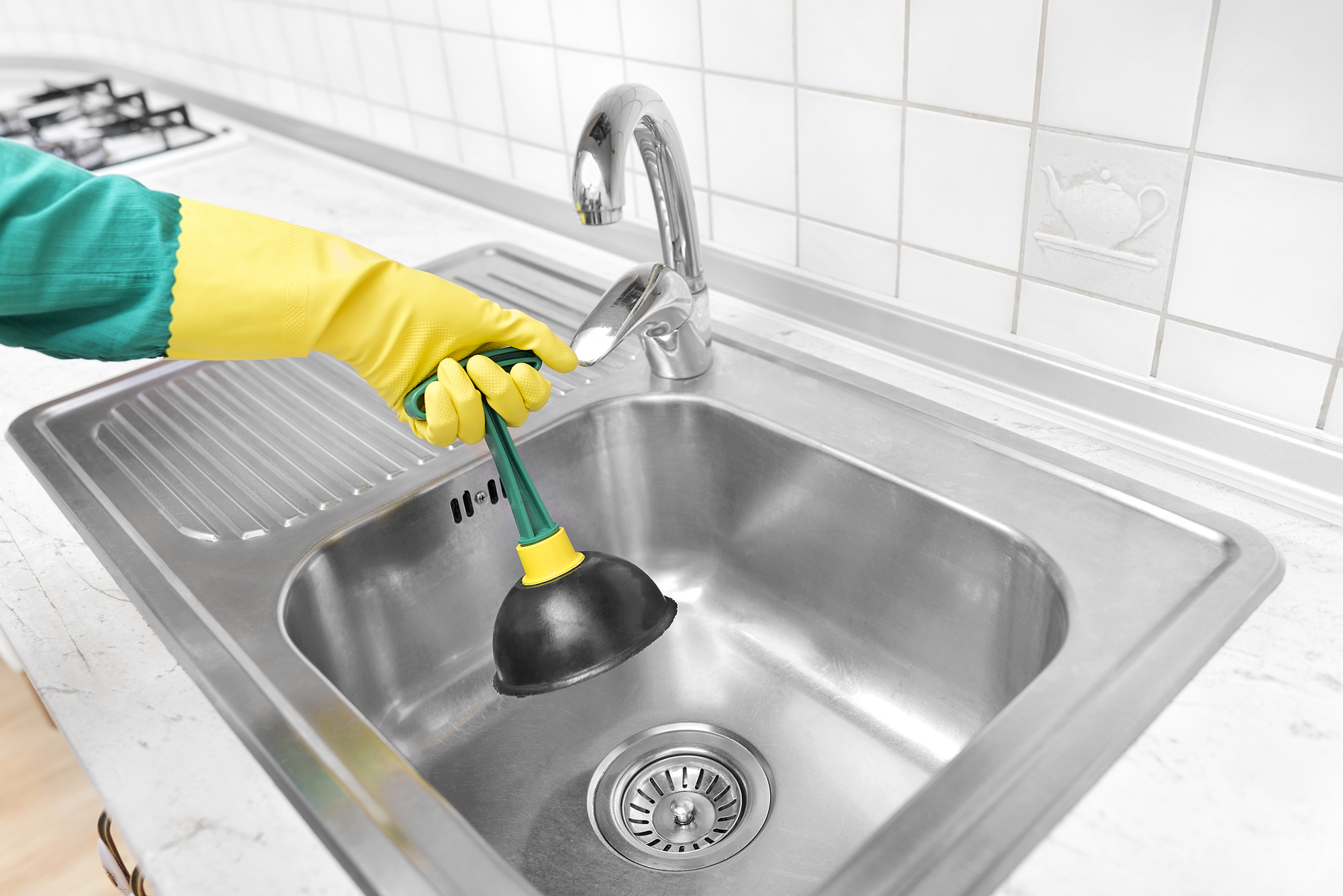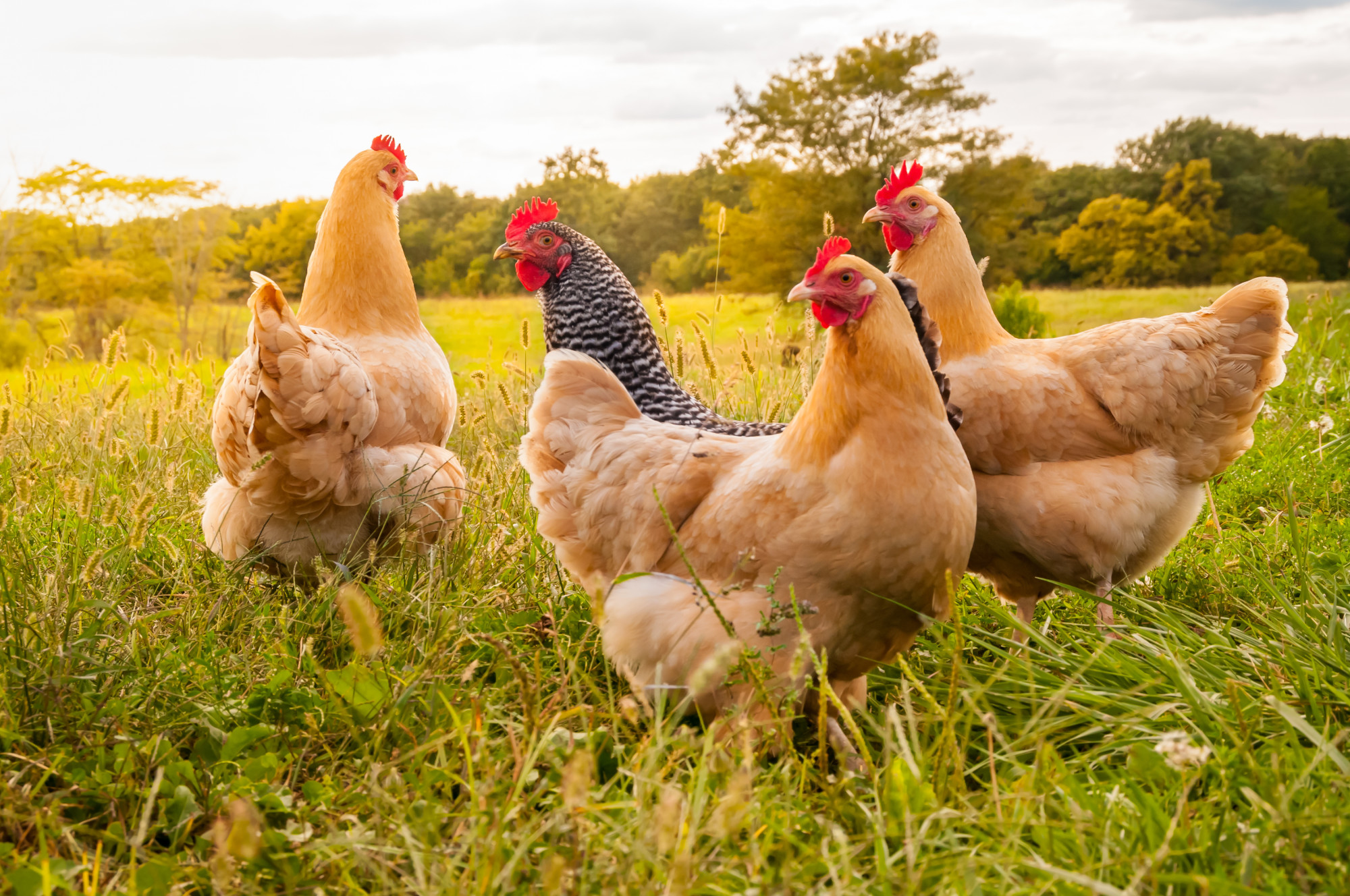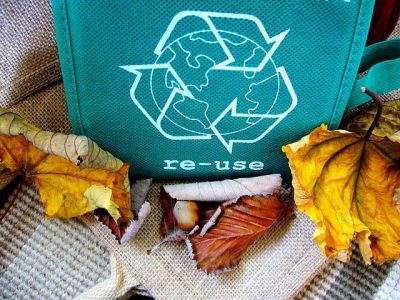Did you know that the average washing machine uses 41 gallons of water for every load? If you’re looking for a way to reduce your environmental impact and help the planet, switching up your laundry habits might be a good place to start.
Of course, this doesn’t mean you have to stop doing laundry altogether (although, this might appeal to some people). Try making some simple adjustments to the way you do the laundry, though.
Not sure where to begin? Read on for your ultimate guide to green laundry.
Re-Wear Your Clothes
Okay, we said you don’t have to skip laundry altogether, and we meant it. One of the easiest ways to make your laundry routine a little more green, though, is to re-wear your clothes before you wash them.
This isn’t always possible, of course (please don’t re-wear your underwear or your sweaty workout clothes). However, clothing items that didn’t get dirty or that you didn’t sweat in can often be re-worn a time or two before you need to wash them.
Before you toss an item in the laundry hamper because you’re too lazy to hang it back up or fold it (we’ve all been there, no judgment), ask yourself if it needs to be washed. If it doesn’t, spend an extra two seconds putting it away. In addition to reducing your water usage and helping the environment, this can also help to extend the lifespan of your clothes, so it’s a win-win.
Pre-Treat Before Washing
Don’t just dump your clothes in the washing machine, throw in some detergent, and call it good. If you have stubborn stains or marks on your clothes, treat them with an enzyme spray first. This is an all-natural product that helps to break down tough stains so that they come out easily in the wash.
Using this spray saves you from having to run items through the laundry multiple times to try and get stains out. It will leave your clothes smelling fresher and will help them last longer, too.
Switch Up Your Laundry Detergent
Many laundry detergents contain chemicals that are harmful to your health and the environment. Instead of using regular, commercial detergents, try looking for a plant-based formula that is free from the following ingredients:
- Sodium Lauryl Sulfate/Sodium Lauryl Ether Sulfate (also known as SLS or SLES)
- Phosphates
- Formaldehyde
- Nonylphenol ethoxylates
- Petroleum derivatives
- Artificial Fragrance
The experts at EarthBits’ Soap Nuts also recommend using soap nuts instead of regular detergent. Soap nuts are made from the seeds of various trees and create a soapy substance when they’re combined with water. You can compost them when you’re finished using them, too.
Consider a Concentrate
Another option to consider is a concentrated laundry detergent. Concentrated detergents must be combined with water before you can use them on your clothes. The nice thing about them, though, is that they last for a long time, which saves you from dumping lots of containers in the trash.
Concentrated detergents also have a smaller carbon footprint because they use less packaging than other products. This, in turn, means manufacturers can ship them to stores (or directly to customers’ homes) using less space and less fuel than they would for traditional detergents.
Use a Filter for Synthetics
If you have a lot of clothes made from synthetic materials (such as polyester or nylon), you ought to invest in a filter that you can attach to your washing machine. When you wash synthetic clothing, plastic microfibers get released from the fabric. This, in turn, causes these microfibers to end up in our water system after the water gets drained out of your washing machine.
Water treatment plants aren’t equipped to handle plastic microfibers. As a result, the plastic ends up back in our drinking water, where it can wreak havoc on our health and the planet.
Using a filter can work wonders when it comes to keeping these microfibers out of the water system. If you can’t install a filter, though, an alternative is to use a filter bag that you put your synthetic clothes in before washing them. This has the same effect, and it’s much more affordable.
Wash Your Clothes by Hand
At first, this might seem like an instant no to you. There are lots of tools out there that make hand-washing clothes easier, though. For example, you can buy an inexpensive laundry plunger or a pedal washer that allows you to exercise while washing your clothes.
Hand washing might not be realistic if you have a large family. If you’re only washing clothes for yourself or yourself and a partner, though, it might not be too time-consuming.
This practice also gives you perspective on how much laundry you go through each week. This, in turn, can inspire you to re-wear clothes more often or look for other ways to cut down on the number of items that end up in the laundry hamper.
Wash Clothes in Cold Water
If hand-washing isn’t going to happen for you, that’s fine. Consider washing your clothes in cold water instead of hot, though. When you wash your clothes in cold water, you reduce your energy usage in a major way.
First, the majority of the energy used to wash clothes comes from heating the water. Taking this out of the equation can lead to major decreases in energy consumption, as well as a major decrease in your monthly energy bills. Washing in cold water is good for your clothes, too, since it prevents shrinking and fading.
Only Wash Full Loads
When you do laundry, make sure you’re only washing full loads. This helps you maximize the amount of water you’re using and saves you from filling up the washing machine all the way just to wash a few items.
Sometimes, you’ll have an emergency situation that requires you to wash a small load. Try to limit this as much as you can, though. If you fill up your washing machine all the way before you run it, you might find that you end up doing less laundry overall (and who doesn’t like the sound of that?).
Skip the Dryer
It’s not just your washing machine that contributes to a non-green laundry routine. Your dryer plays a big role, too. Drying your clothes in the dryer can use up a lot of energy, which isn’t great for those who are trying to reduce their carbon footprint (or their energy bills).
Consider skipping the dryer and hanging your clothes up on a clothesline or on a drying rack. It will take longer for them to dry this way, but you’ll save a lot of energy in the process.
Use Dryer Balls Instead of Dryer Sheets
If you must use the dryer to dry your clothes, at least do yourself a favor and avoid using dry sheets. Dryer sheets are loaded with toxic chemicals, such as air pollutants and volatile organic compounds (or VOCs). They also can contain benzene and acetaldehyde, both of which are pollutants that come out of vehicles’ tailpipes.
Does that sound like the kind of stuff you want all over your clothes? Remember, too, that throwing away dryer sheets after every use is an easy way to add to the amount of waste that leaves your house and ends up in landfills.
If you’re trying to reduce waste and toxin exposure, swap out your dryer sheets for wool dryer balls. They can help your dryer run in a more efficient way, and you can add scent to them with a few drops of essential oils.
Consider Going to the Laundromat
This might seem counterintuitive at first. In reality, though, washing your clothes at a laundromat instead of in your house can actually help to make your laundry process more eco-friendly.
Commercial washing machines and dryers often are more efficient than the ones we have in our houses. If you use these to do your laundry, you can save money and help the planet.
It is more time-consuming to take your clothes to the laundromat, of course, but many people consider it to be worthwhile. You can even pay a little extra to drop your clothes off and have someone else wash them for you (just be sure to leave them with your preferred detergent and dryer balls).
Invest in a New Washing Machine
Finally, you may want to look into buying a new washing machine. This is a big investment, of course, so you’ll likely have to save up for it.
If you’re serious about reducing your environmental impact, though, it’s worth considering. Energy-efficient washing machines use way less water and are much better for the planet. Perhaps you can put this on your wishlist for the future while you implement some of the other, simpler green laundry steps listed above.
Start Your Green Laundry Routine Today
Are you feeling motivated to make the process of doing your laundry a little more eco-friendly? Follow these guidelines to a green laundry routine and you’ll be able to make a big impact with just a few simple swaps.
Do you want to learn more about greenifying other aspects of your life? If so, visit the Green Living section of our site today for more advice.










